‘The Last of Us’ Season 2 Finale Sparks Mixed Reactions: Critics and Fans Weigh In
HBO Max’s The Last of Us Season 2 finale aired on May 25, 2025, and it’s safe to say the episode has ignited a firestorm of reactions. While the show remains a critical darling with a 93% rating on Rotten Tomatoes, the finale has left some critics and fans feeling unsatisfied, sparking heated discussions across social media platforms like Facebook. From pacing issues to narrative choices, here’s a deep dive into why the Season 2 finale of this post-apocalyptic drama has divided its audience.
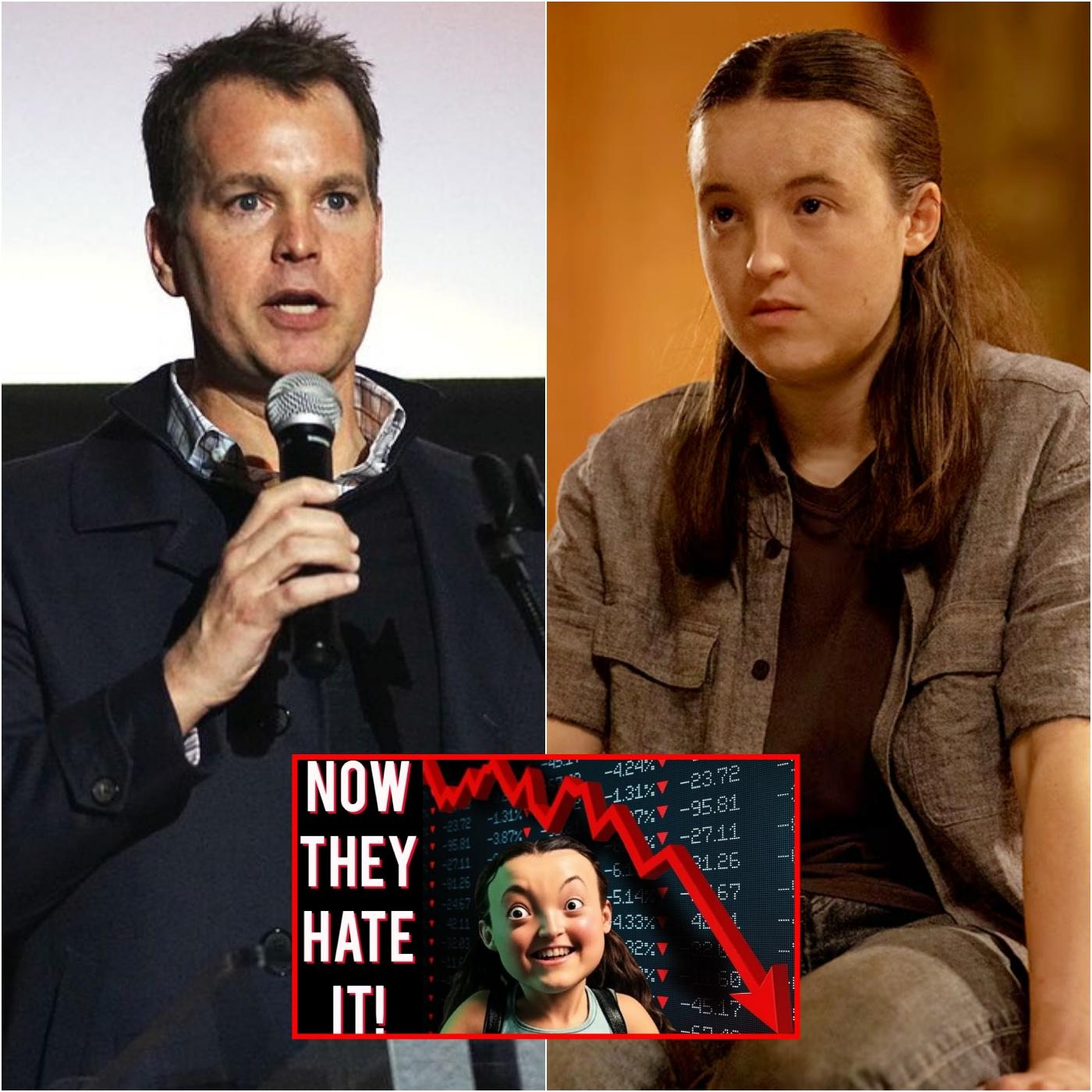
A Finale That Packs a Punch but Misses the Mark for Some
The Season 2 finale, a 60-minute episode, delivered intense moments that stayed true to the emotional weight of The Last of Us Part II video game. Ellie’s devastating confrontation with Abby, played by Kaitlyn Dever, and the shocking deaths of key characters like Jesse left viewers reeling. The episode’s cliffhanger, which shifts the narrative perspective to Abby, has set the stage for Season 3, but not without controversy. Critics have praised the performances, particularly Bella Ramsey’s raw portrayal of Ellie, but many argue the episode felt rushed and incomplete.
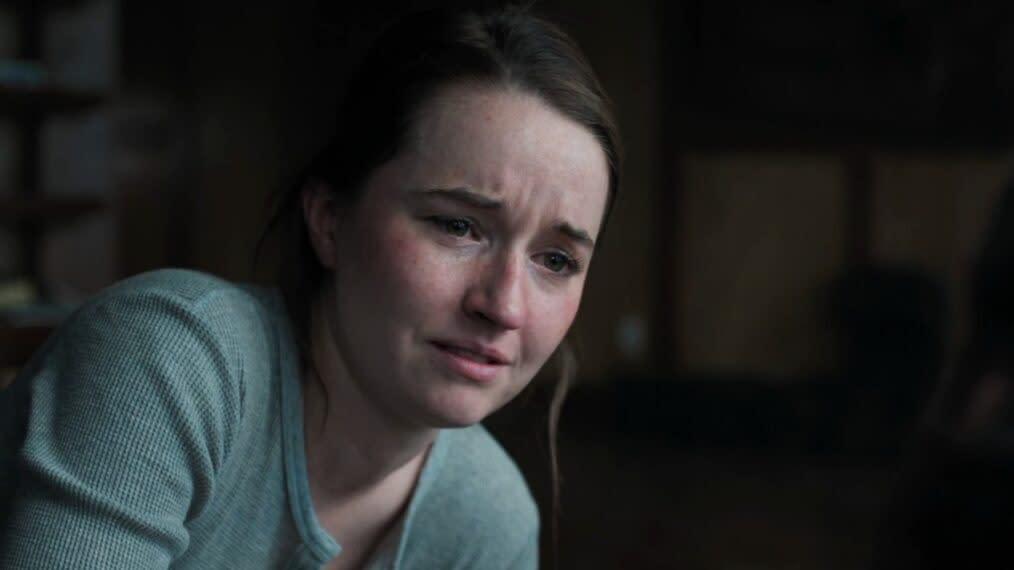
Tom’s Guide described the finale as “gripping” yet “incomplete,” noting that the decision to split The Last of Us Part II’s sprawling story across multiple seasons has led to structural issues. The Ringer echoed this sentiment, calling the cliffhanger “frustrating” and suggesting the show didn’t do enough to make viewers care about the Seattle storyline. On X, fans expressed similar frustrations, with one user, @Lgbt_lawyer, calling the finale “a bit of a mess” due to limited action and minimal character development.
The Emotional Toll of a Polarizing Narrative
One of the finale’s most polarizing moments was Ellie’s moral spiral, culminating in the devastating deaths of Owen and Mel, and the unintended killing of Mel’s unborn child. While some praised the show for not shying away from the game’s brutal themes, others felt it leaned too heavily into shock value. Kotaku’s review criticized the show for being “scared of silence,” arguing that it over-explained Ellie’s motives, robbing the story of the nuanced subtext that made the game so compelling.
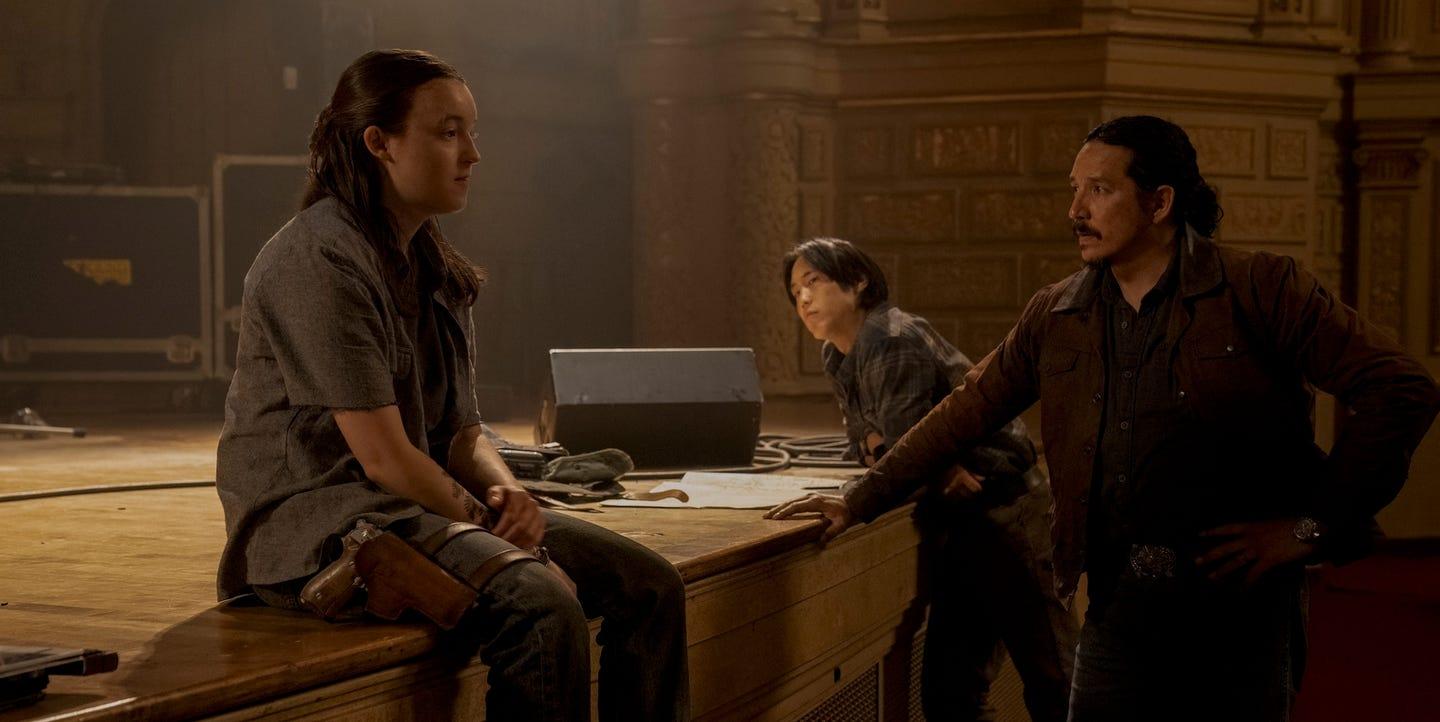
The shift to Abby’s perspective in the final moments also raised eyebrows. For fans of the game, this narrative pivot is a familiar beat, but for those new to the story, it’s a risky move. Tom’s Guide noted that viewers unfamiliar with the game might struggle with this change, especially given the reduced screen time for beloved characters like Joel (Pedro Pascal) and Ellie. Social media reactions on platforms like Facebook reflect this divide, with some fans excited for Abby’s arc and others feeling disconnected from the new focus.
Viewership and Social Media Buzz
Despite the mixed reviews, the finale drew 3.7 million cross-platform viewers in the U.S., a dip from the Season 2 premiere’s 5.3 million but still a strong showing for HBO. The network reported that the series has amassed over 90 million global viewers, a testament to its enduring popularity. However, the controversial decision to kill off Joel in Episode 2 led to a notable viewership slump, with some fans citing the early exit of Pedro Pascal’s character as a breaking point.
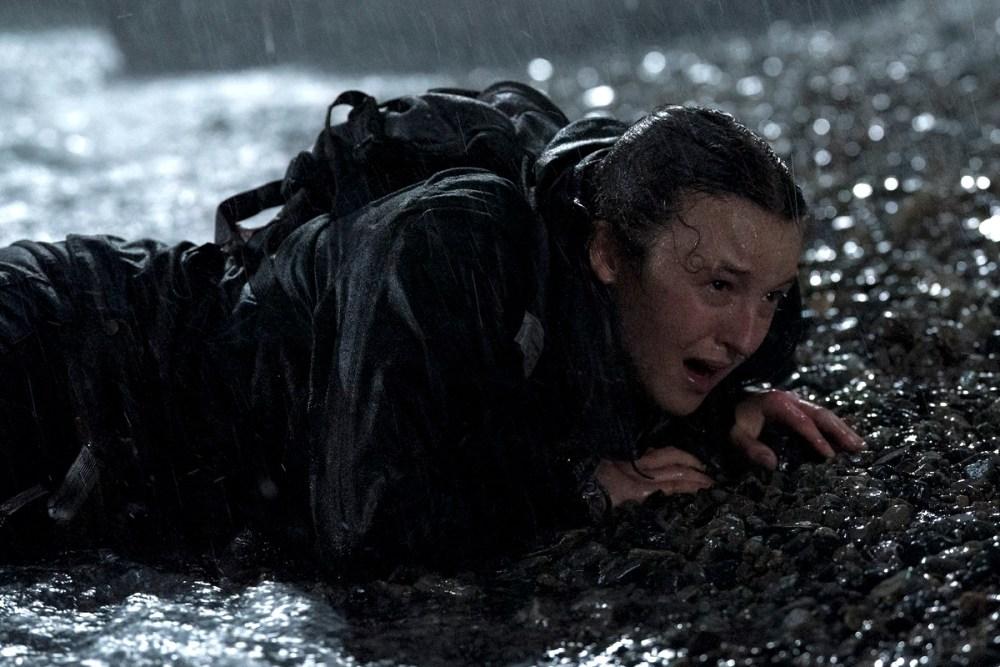
On Facebook, fan pages and groups dedicated to The Last of Us are buzzing with debates. Posts lamenting the finale’s pacing or praising its emotional depth are gaining traction, making it a prime candidate for Facebook’s algorithm to boost. The show’s ability to spark conversation—whether through praise or criticism—ensures it remains a hot topic. Hashtags like #TheLastOfUs and #TLOUSeason2 are trending, with fans sharing memes, theories, and hopes for Season 3.
What’s Next for The Last of Us?
The finale’s cliffhanger has left fans hungry for answers, particularly about Ellie’s fate and Abby’s journey. HBO has already confirmed Season 3, with showrunner Craig Mazin hinting at “disturbing elements” from the game, such as the terrifying Rat King infected. While the network hasn’t announced a premiere date, speculation is rife that Season 3 will dive deeper into Abby’s story, potentially alienating some viewers while captivating others.
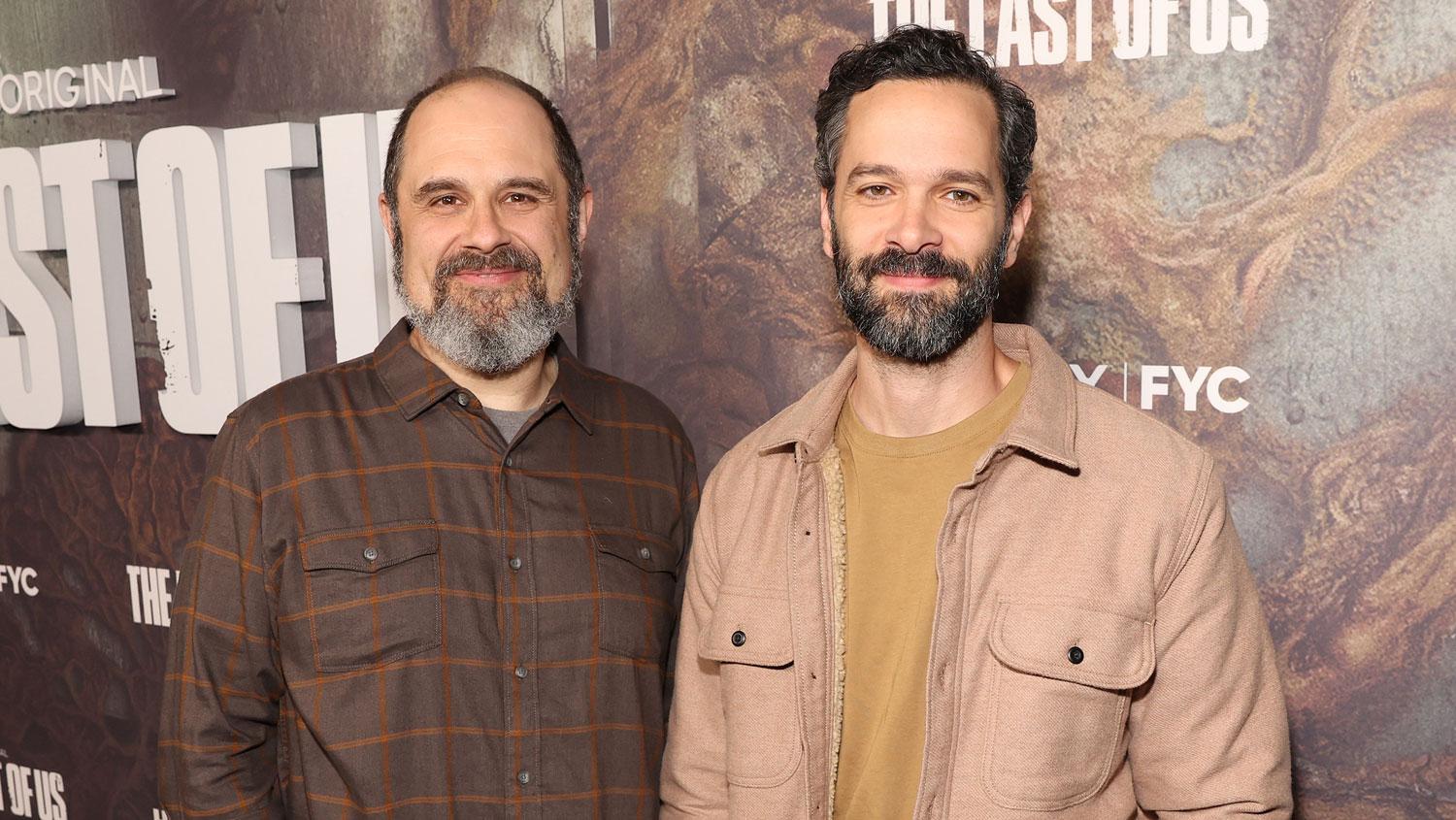
For those disappointed by the finale, there’s still hope. Critics like those at TechRadar suggest the show’s bold choices could pay off in Season 3, especially if it balances action, character development, and world-building more effectively. Fans on Facebook are already theorizing about how the show will handle the game’s remaining story, with many calling for a return to the emotional resonance of Season 1.
Why the Finale Resonates on Social Media
The The Last of Us Season 2 finale is tailor-made for Facebook’s algorithm, which thrives on engagement. The episode’s polarizing nature—coupled with its shocking moments and strong performances—encourages fans to share their thoughts, whether they loved or loathed it. Posts that tag HBO Max, share clips from the official trailer, or spark debates about Ellie’s decisions are likely to gain traction. To maximize visibility, fans and pages should use trending hashtags, engage with comments, and post during peak hours to boost shares and likes.
In the end, The Last of Us Season 2 finale is a testament to the show’s ability to provoke and captivate. While it may not have satisfied everyone, its emotional depth and bold narrative choices ensure it remains a must-watch. As we await Season 3, one thing is clear: this post-apocalyptic tale is far from over, and its fans will keep the conversation alive on platforms like Facebook.




